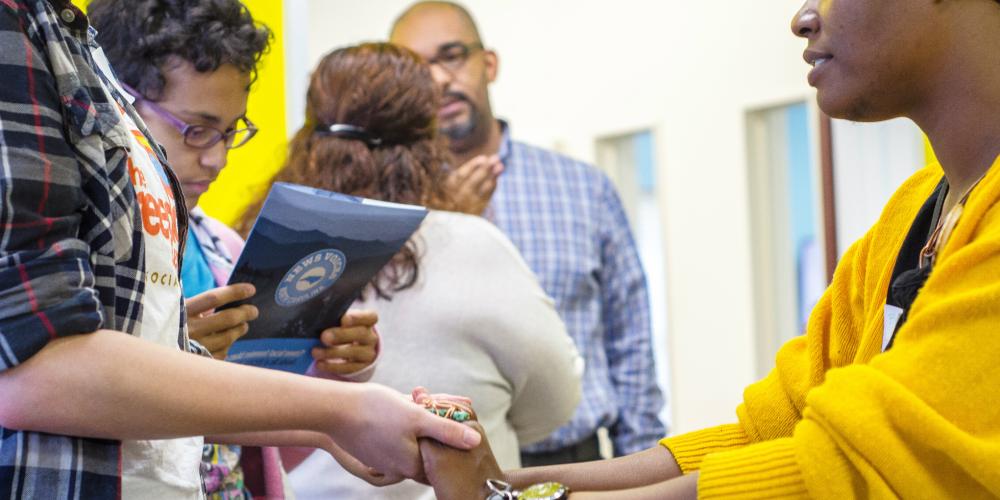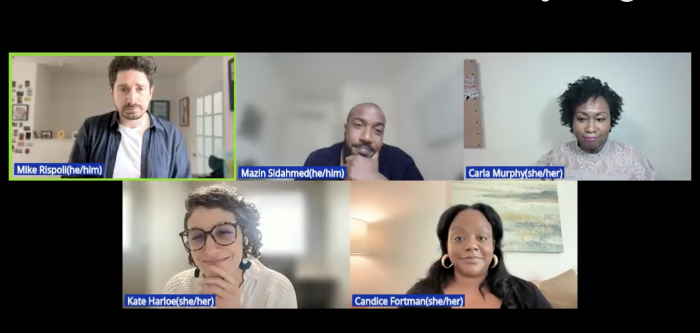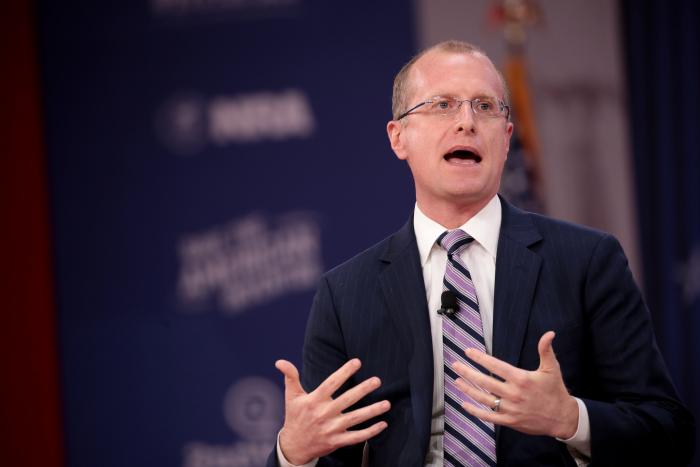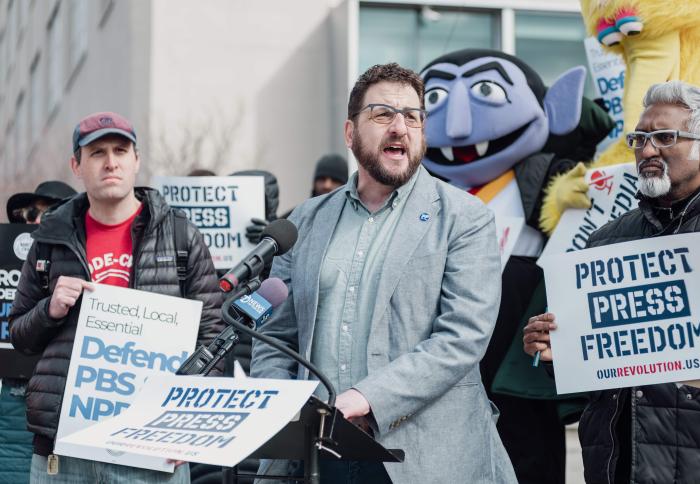What Journalists Can Learn from Organizers: A Guide

Community engagement in journalism can take many shapes, both online and off.
It’s an important way for newsrooms to better listen to the public, incorporate community members’ perspectives in the newsgathering process, and reflect their experiences in the stories that emerge.
Since 2015, Free Press’ News Voices project has taken an organizing approach to helping newsrooms engage with communities, build relationships and deepen trust to talk about what’s working — and what isn’t — in local news coverage.
Throughout that process, we’ve had rich, in-depth conversations about the importance of journalism and how it can better serve the public. We’ve partnered with residents and reporters in the two states we’re active in — New Jersey and North Carolina — to shape what the future of local news looks like.
Organizing to enhance community trust in newsrooms
Organizing is fundamentally about listening to people tell you what they need and what kind of world they want, and working collaboratively to make it happen. The principles and practices organizers use can be powerful tools when adapted to the newsroom, but it’s an approach most journalists aren’t familiar with.
That’s why, after years of experimenting with how organizing can be used to promote, strengthen and reshape local journalism, we developed this guide for newsrooms and reporters: “Don’t Just Engage. Organize!”.
In this guide, we talk about ways that journalists can leverage the skills they already have and incorporate organizing practices into their daily work. We focus on ways reporters can:
- build trust and relationships with people across a community,
- uncover underreported stories,
- better share information with community members,
- learn from the people an issue most affects,
- lift up unheard community voices,
- collaboratively identify solutions, and
- heighten the impact of reporting.
People across New Jersey and North Carolina have told us that journalists can do more to engage with residents and invest in the community. And people have told us that listening isn’t enough if reporters are forging transactional relationships designed solely to benefit the newsroom.
Since journalists and newsrooms have access to information in communities, have relationships with people in power, and have a platform, organizing in the context of journalism requires sharing power. And sharing power starts with shifting away from a traditional newsroom culture of transactional relationships to a culture that prioritizes deep listening and collaboration to build relationships that are rooted in community.
We believe that journalists should forge relationships with community members based on shared values. Out of those relationships reporters can cultivate an organized constituency that’s supportive and eager to contribute to the newsroom’s success — while being ready, willing and able to demand change and hold the powerful accountable.
In turn, when journalists invest in people they can lift up unheard voices, promote civic engagement and create a mutual vision that benefits not only the newsroom but the entire community.
News Voices has developed workshops where we work with journalists to use organizing strategies to deepen trust and build relationships with the communities they serve.
Most recently, we hosted a workshop with the PBS39 channel in Lehigh Valley, Pennsylvania, and its new Reporters Corp cohort. After receiving millions of dollars from the recent FCC spectrum auction, the station invested its proceeds in its newsroom and hired a group of 10 reporters who will be based in the counties they cover. We were fortunate to work with this group at the ground level, and help them develop the skills they will need as they embark on their new beats.
We hope that journalists and newsrooms can use this guide as a way to rethink how they approach community engagement. If you’re interested in learning more about this guide, hosting a workshop in your newsroom, or have general feedback on this work, please reach out to Alicia Bell or Mike Rispoli.





